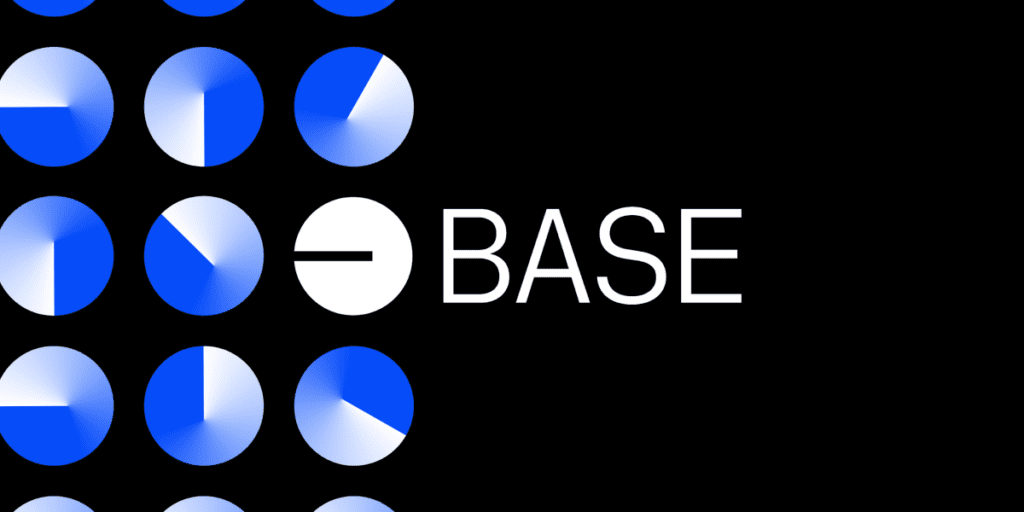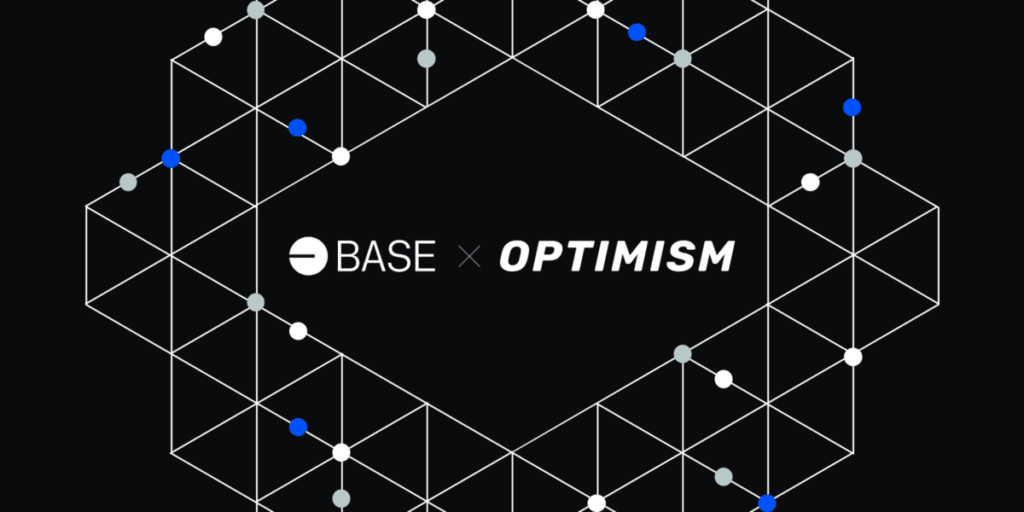Key Points:
- The first hardfork of Base will take place on April 27.
- The network will become a more secure and dependable platform as a result of this Regolith hardfork.
Ethereum’s L2 network Base testnet has revealed that the first hard fork will take place on April 27.

Base, an Layer 2 network, announced that its Goerli testnet would undergo a “Regolith hardfork” update on April 27 at 10:00 a.m. PT.
This is the test net’s first hard fork. To keep in sync, nodes must be updated to node v0.1.1, and the upgrade has no impact on users who are not running nodes.
The update comes after the Optimism Regolith hardfork upgrade on March 17, and it is triggered by making timestamp-based configuration modifications to the OP Stack’s rollup nodes and execution engines.
Coinbase created Base, and the blockchain employs a mechanism known as Optimistic Rollup, which assumes all transactions are correct and will take action if fraud is found. It is created on Optimism’s (OP) open-source technology.

Coinbase debuted the network testnet on February 23, 2023, and it is being developed for mainnet deployment as Ethereum Layer 2. Base is being developed inside the exchange and will be decentralized progressively over the following several years. Nevertheless, there are no plans to create its own coin, and the network pays for gas using ETH.
Basic provides the same functionality as the Ethereum virtual machine (EVM) and is “comparable to EVM,” therefore, current smart contracts, development tools, wallets, and so on may be utilized as is. It also offers account abstraction, which enables the inclusion of gasless transaction functions and customized transaction methods in dApps.
This “Regolith hardfork” applies to nodes that use rollup technology to process transactions and execution engines that are in charge of executing smart contracts and transactions, with configuration modifications triggered at certain periods. Base will become a more secure and dependable platform as a result of this.
DISCLAIMER: The information on this website is provided as general market commentary and does not constitute investment advice. We encourage you to do your own research before investing.
Join us to keep track of news: https://linktr.ee/coincu
Harold
Coincu News






















